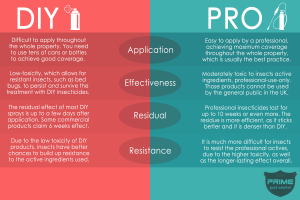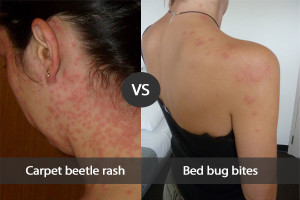Bed bug infestation
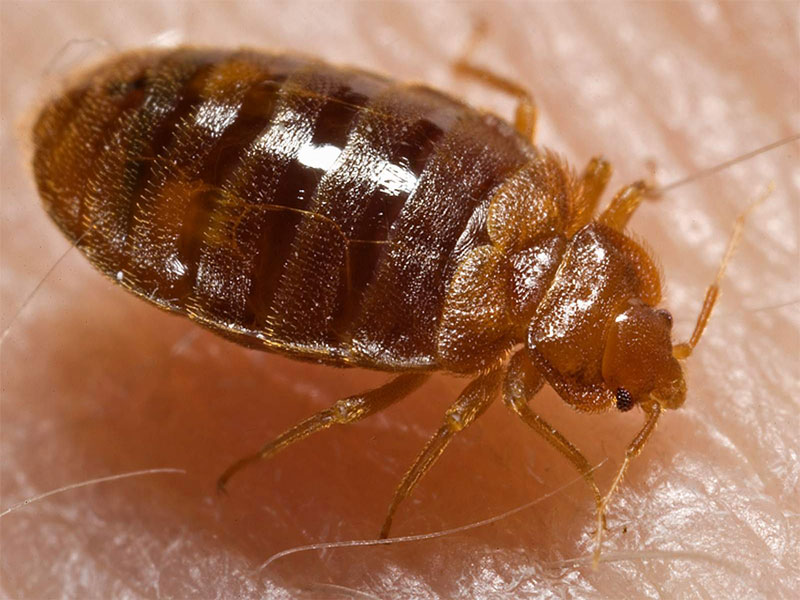
Bed bugs are nocturnal insects that feed on warm-blooded animals as well as humans. In urban areas these bugs can cause serious trouble, due to a number of factors, such as the increased number of people travelling and the bugs’ natural resistance to commercial bed bug sprays. Bed bug bites are very unpleasant and for some people with certain levels of allergies to them, they could be a complete nightmare.
Even companies specialising in bed bug treatments in London and across the UK have been challenged by this difficult to eradicate pest, due to various reasons. One of those reasons is that bed bugs have evolved and developed physiological defence mechanisms to resist commercial bed bug sprays and even some professional insecticides.
These bugs are also difficult to spot because they hide very well and the newly-hatched nymphs are almost translucent in colour and as tiny as 2 mm to 3 mm in length. One of the most significant factors for the surge of bed bug infestations across the most populated cities in the world is the constant migration of people.
Bed bug signs
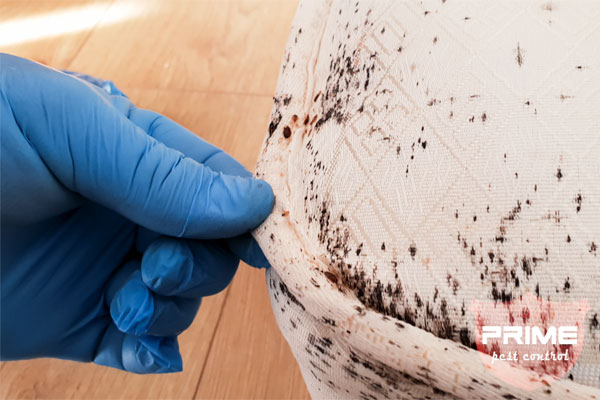
The first signs of an infestation, apart from the bed bug bites, are usually dark specks and marks on the mattress and the bed frame, which are, in essence, bed bugs faeces. Another sign of a bed bug infestation would be the presence of blood or rusty brown spots on the bedding, as well as shed skin, eggs or egg shells.
When looking for bed bugs, you should always keep in mind that these bugs are attracted to all kinds of natural insulation materials, e.g. wood, cardboard and carton, paper, natural fabrics and leather. Bed bugs tend to hide in cracks, crevices, holes or gaps, associated with the above-mentioned materials.
Some of the most popular do-it-yourself methods for bed bug extermination and control, like smoke bombs, may often result in spreading the infestation to different areas of your property.
Bed bug control
The whole process of bed bug removal and control starts with a detailed inspection of the property, followed by hot air or dry steam heat treatments, aiming to exterminate the nests of the bugs. This is usually followed by a professional-use-only insecticide application that ensures the long-lasting effect after the heat treatment. The total downtime before the property becomes safe after the treatment is only 3-4 hours, also depending on the case.
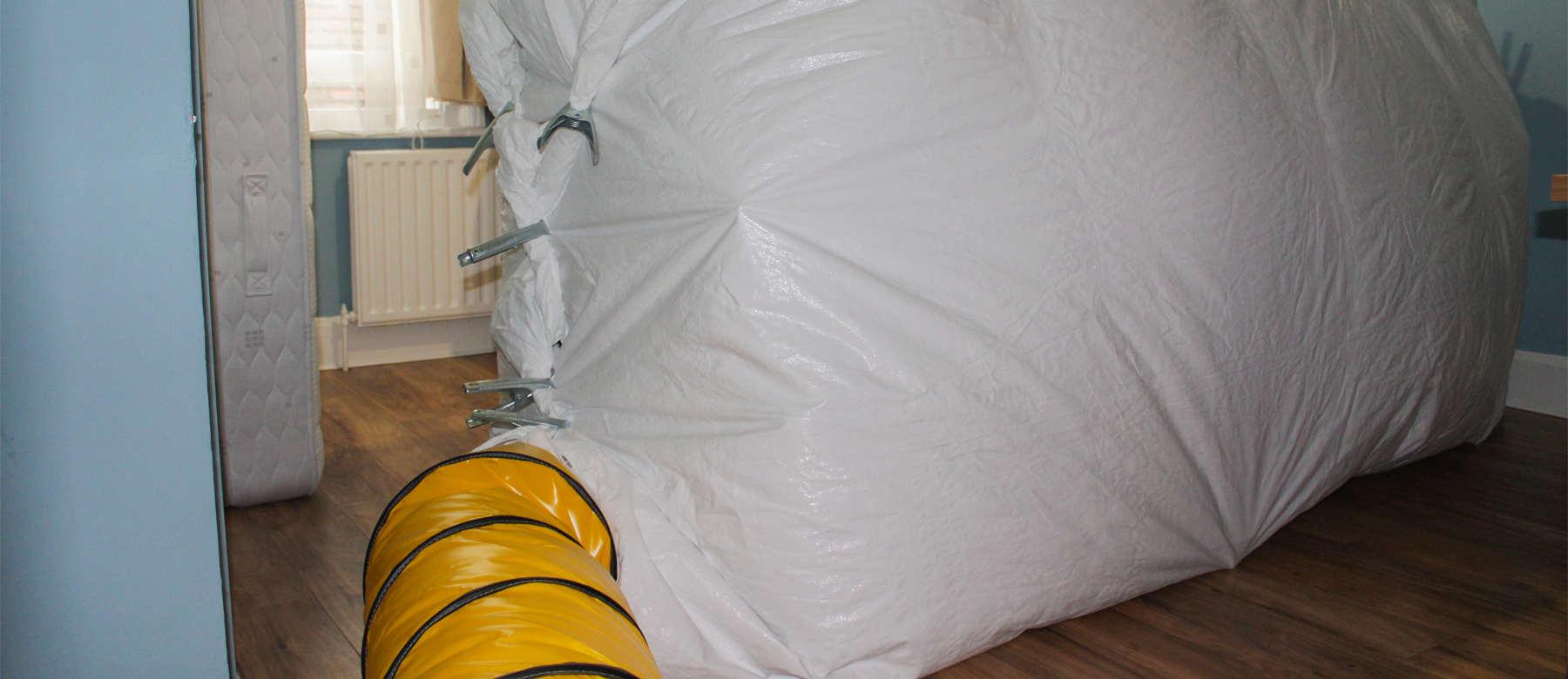
Prime Pest Control have developed a team of bed bug specialists that is able to get rid of any kind of bed bugs infestation quickly and effectively. All of our pest technicians are qualified by the British Pest Control Association (BPCA), covering East, West, South, North London and all the surrounding counties nearly 24/7. Our integrated approach includes non-toxic heat treatments with hot air, as well as super-heated dry steam.

Bed bugs in London and across the UK have been causing a lot of stress and sleepless nights. Bed bugs and their infestations most often spread around with infested luggage, personal belongings and clothing, as well as with second hand furniture. If you spot any of the most common signs of this pest, such as black specks on the mattress and/or the bed frame, rusty blood stains on the bedding, etc.. we recommend that you call a professional pest control company for an advice.
About Bed Bugs
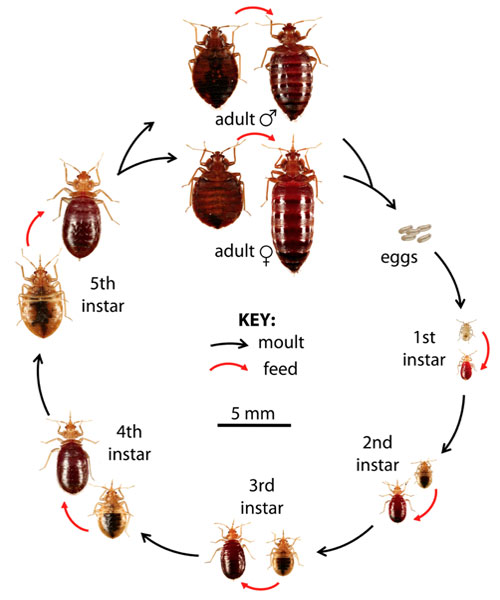
The bed bug is a tiny nocturnal insect, which feeds sucking blood from humans and warm-blooded animals. The most common bed bug species in the urban areas is the Cimex Lectularius and it has been causing a lot of nuisance and stress throughout London and the rest of the UK. This bug is a well-known pest in most of the world’s capitals, big cities and tourist destinations. Nowadays, bed bugs have become one of the most difficult pest insects to get rig of because of their physiology and behaviour. Moreover, bed bugs have developed, in the past decades, unique defence techniques to resist certain active ingredients in the most common commercial bed bug sprays as well as in some of the professionally used insecticides. In our experience we have had many cases, where our customers had spread their infestations around their properties, because of resistant bed bug populations or misuse of some do-it-yourself methods for bed bug extermination and control.
Bed bugs can easily spread around a property but rarely, in cases of severe infestations, may they migrate from one building to another. When trying to locate the bugs you should consider that they always try to settle down as close as possible to their hosts. In cases when the bugs have been unsuccessfully tackled by either you or a pest technician, they may spread around the property and hide in unusual hideouts. Bed bugs prefer to hide within natural insulation materials, such as wood, fabrics, leather, paper, and carton, and the associated cracks and crevices. If they had a choice, they would prefer wood to any other materials. These tiny insects are not as agile as other pest insects but they hide incredibly well and may even survive without blood meals for months.
These pests are nocturnal and they become active at night when they usually bite. They can sense our presence by detecting our temperature and the carbon dioxide that we exhale. If these bugs are left without a blood meal they can hibernate (as well as in cases when the temperature drops below 16 Celsius) and survive for an entire year. Bed bugs may crawl more than 70 metres in one hour looking for a blood meal and very often they spread around the property going from one floor to another or infesting the adjoining parts. A bed bug infestation spreads from one building to another only in severe cases, which have gone out of control. Bed bugs reproduce relatively quickly as an egg will pass through 5 nymph stages and become a fully grown adult within a month, depending on the availability of food and the temperature. During its lifespan of about nine months, a female bed bug will lay up to 500 eggs.


